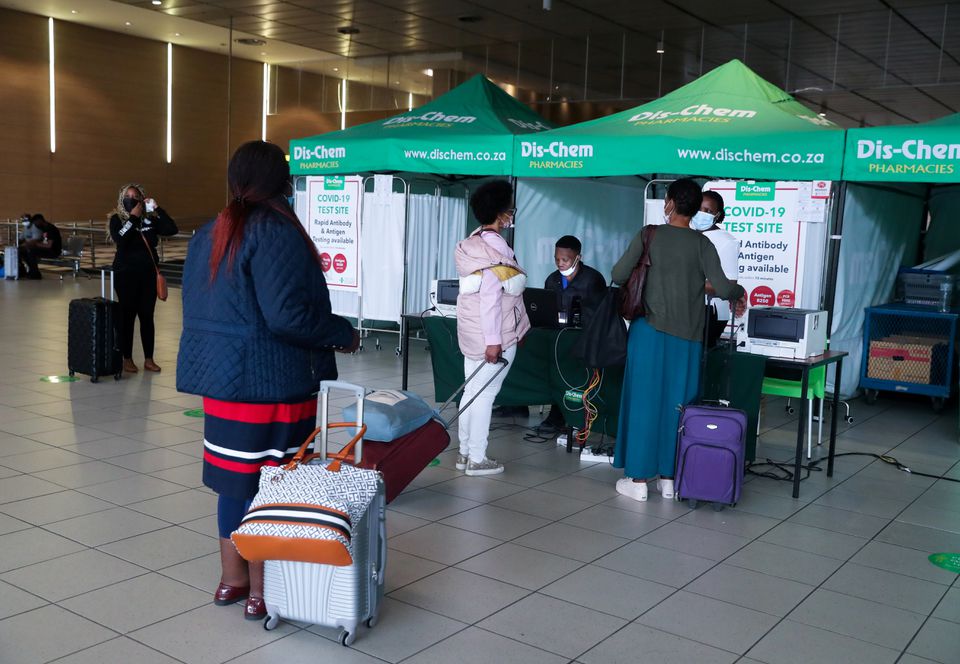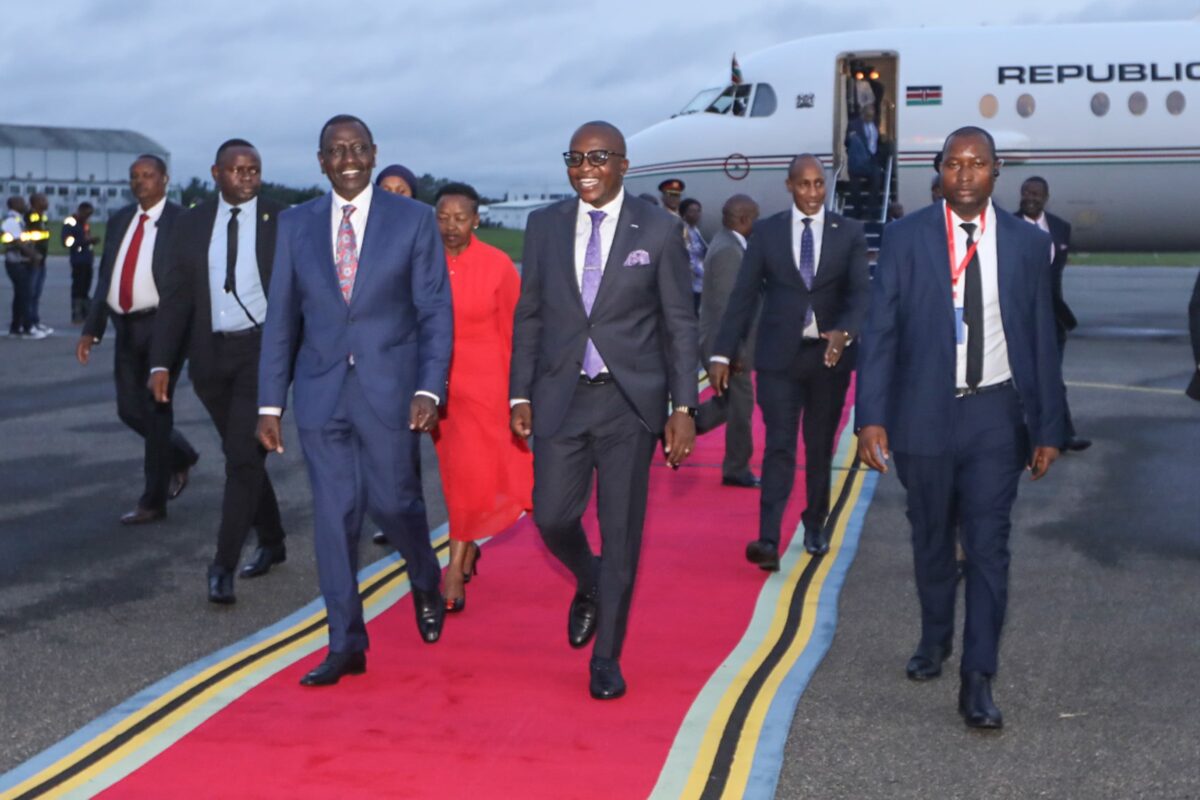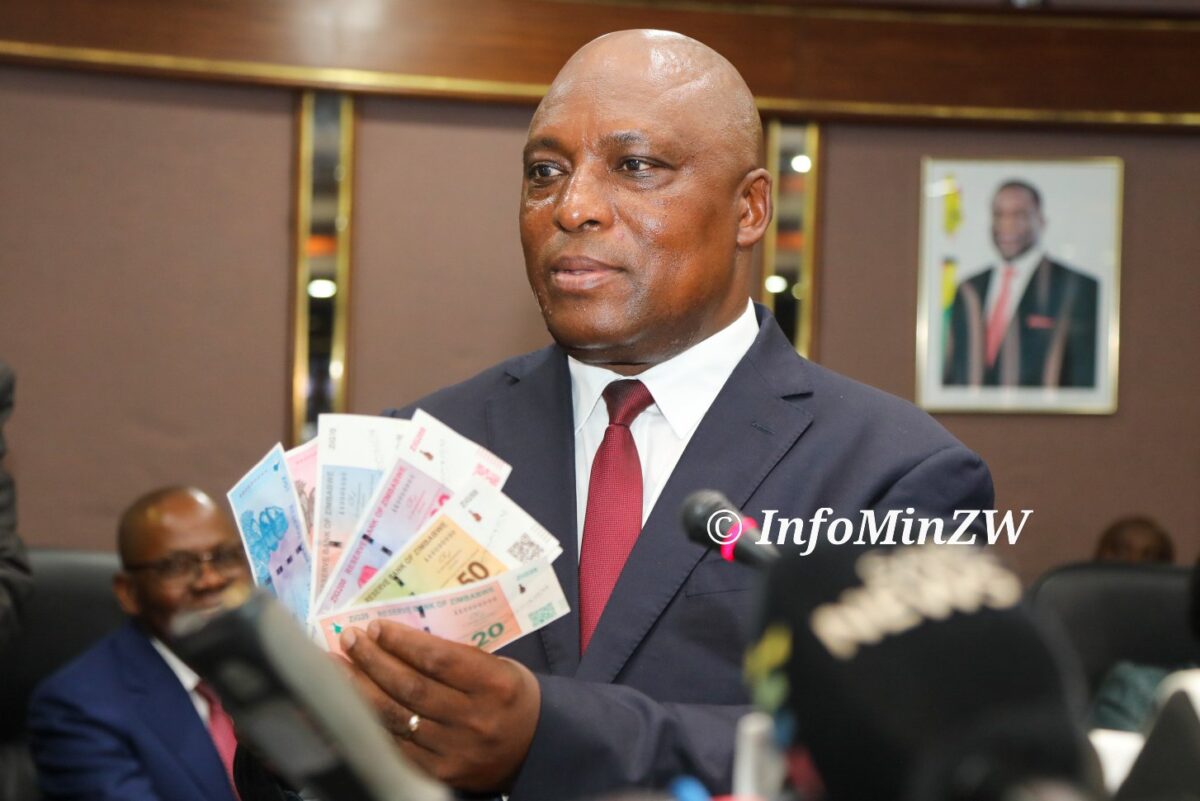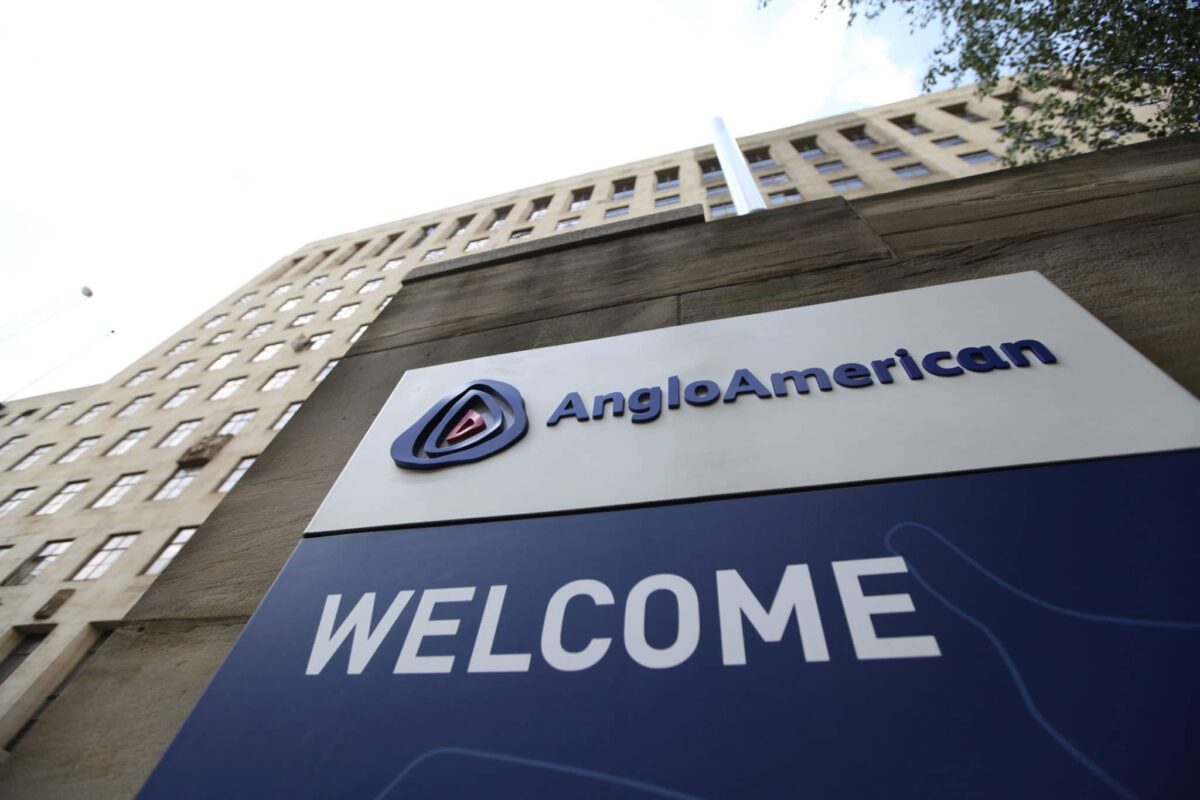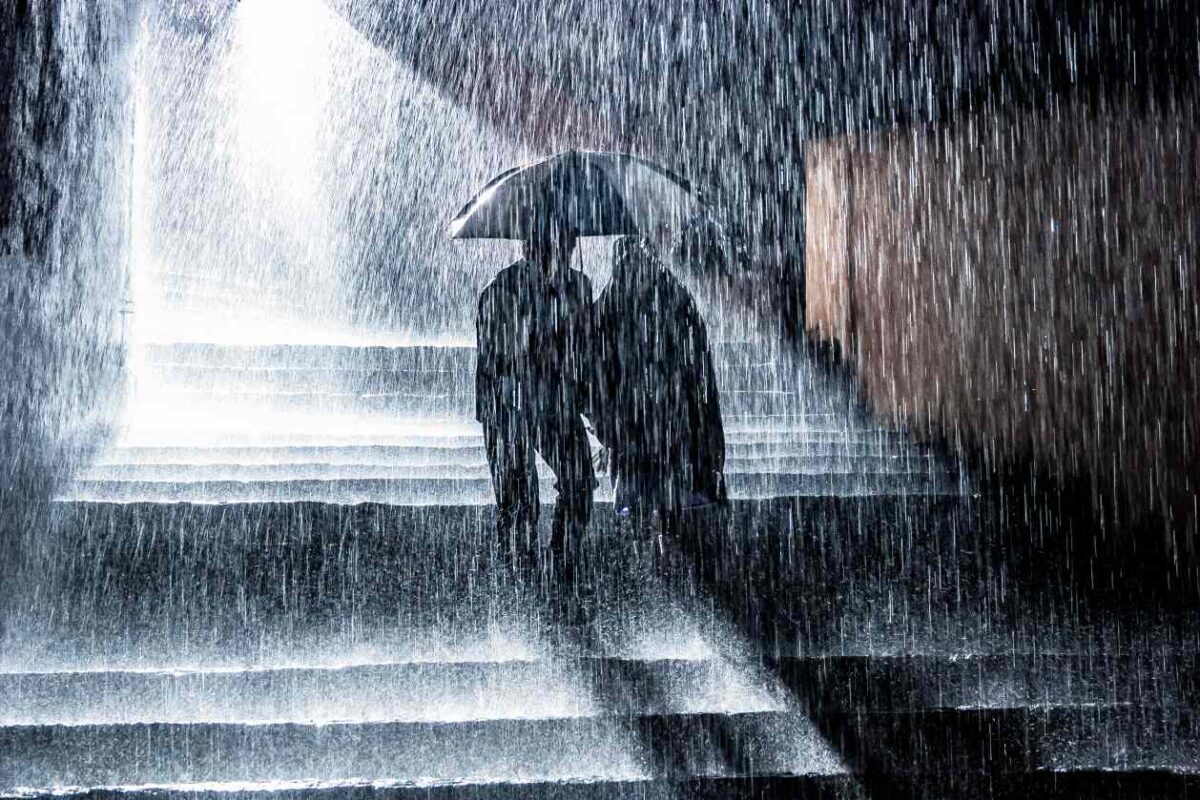JOHANNESBURG, South Africa – South Africa said on Friday that imposing restrictions on travellers from the country because of a newly identified Covid-19 variant was unjustified, after a British ban on flights from southern African countries that others have followed.
Health minister Joe Phaahla told a media briefing that South Africa was acting with transparency and travel bans were against the norms and standards of the World Health Organisation (WHO), which held an emergency meeting over the variant named omicron.
Scientists have so far only detected the variant in relatively small numbers, mainly in South Africa but also in Botswana, Belgium, Hong Kong and Israel. But they are concerned by its high number of mutations which raised concerns that it could be more vaccine-resistant and transmissible.
The WHO designated omicron as “of concern,” its most serious level, following a meeting of its technical advisory group.
British Prime Minister Boris Johnson and South African President Cyril Ramaphosa spoke on Friday afternoon and discussed ways to reopen international travel, a Downing Street spokesperson said.
“Whilst South Africa respects the right of all countries to take the necessary precautionary measures to protect their citizens, the UK’s decision to temporarily ban South Africans from entering the UK seems to have been rushed as even the WHO is yet to advise on the next steps,” South African foreign minister Naledi Pandor said in a statement.
“Our immediate concern is the damage that this decision will cause to both the tourism industries and businesses of both countries.”
South African scientist feel the country has been punished for its transparency.
“Everyone is frustrated in South Africa,” Marc Mendelson, professor of infectious diseases at Groote Schuur hospital, at the University of Cape Town, said. “Selective travel restrictions really don’t prevent the spread of variants.” It might also deter other countries from disclosing new variants, he added. “You’ve got to have this knowledge out there globally.”
Even before this latest discovery, South African scientists were trying to understand how new variants might affect the future of the country’s epidemic. Scientific modelling suggested that peak hospital rates would be lower than in the second and third waves even with this hypothetical variant, because of the higher vaccination rates among the oldest South Africans.
With this actual new variant, “two critical pieces of information are not there — what it does to the clinical severity of the disease”, and what the variant might do to vaccine immunity, Mendelson said. “The first one we cannot answer until it has played out… it hasn’t developed into enough hospitalisations to make that call.” He added: “We need the clinical data and the vaccine data, and that’s at least two or three weeks away.”
Ramaphosa will convene an advisory council on Sunday to consider evidence on the variant.
The rand currency slumped as much as 2 percent against the dollar, and South African hospitality stocks plummeted as investors were unnerved.
Britain said the variant was the most significant found yet and banned flights from South Africa, Botswana, Lesotho, Eswatini, Zimbabwe and Namibia. European Union states also agreed to suspend travel to southern Africa, the presidency of the EU said.
However, Salim Abdool Karim, one of South Africa’s top epidemiologists, said a global response was important, noting the delta variant spread to 53 countries within three weeks of being identified.
“So it doesn’t really help to close borders… We’ve got to find solutions to this variant together. And part of that is not to overreact,” he told Reuters in an interview, characterising the British travel ban as a “panic reaction” that was understandable.
Scientists expressed frustration at the travel bans, saying the focus should be on getting more people vaccinated in places that have struggled to access sufficient shots. It could take weeks for scientists to fully understand the impact of the variant’s mutations.
“This virus can evolve in the absence of adequate levels of vaccination. It’s upsetting that it takes this to happen to get the point across,” Richard Lessells, a South Africa-based infectious disease expert, told Reuters.
In South Africa about 35 percent of adults are fully vaccinated, higher than in most other African nations, but half the government’s year-end target. While the continent struggled initially to obtain sufficient doses, some countries including South Africa now have too much stock, with vaccine hesitancy and apathy slowing the inoculation campaign.
South Africa has been the country worst affected in Africa in terms of total reported Covid-19 cases and deaths, with nearly 3 million infections and more than 89,000 deaths since the start of the pandemic. It had been experiencing a lull after a severe third wave of infections, until last week when new infections started to pick up.
On Thursday, it reported 2,465 new cases, almost double the previous day’s number. On Friday, there was a more modest rise in daily infections to 2,828 new cases. – Reuters
